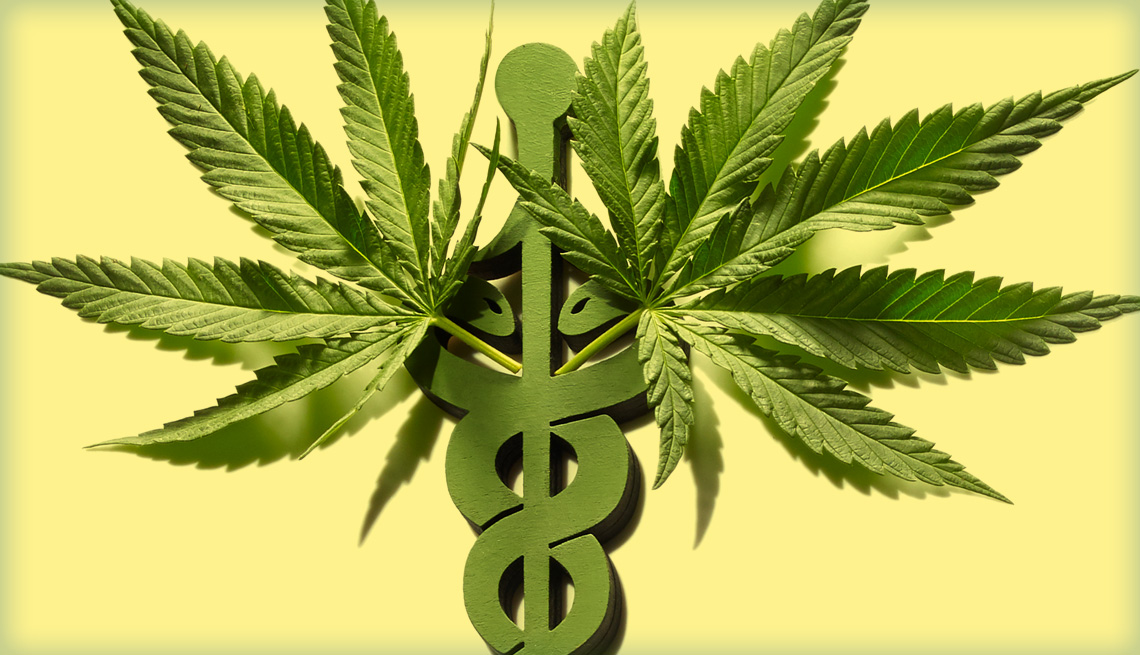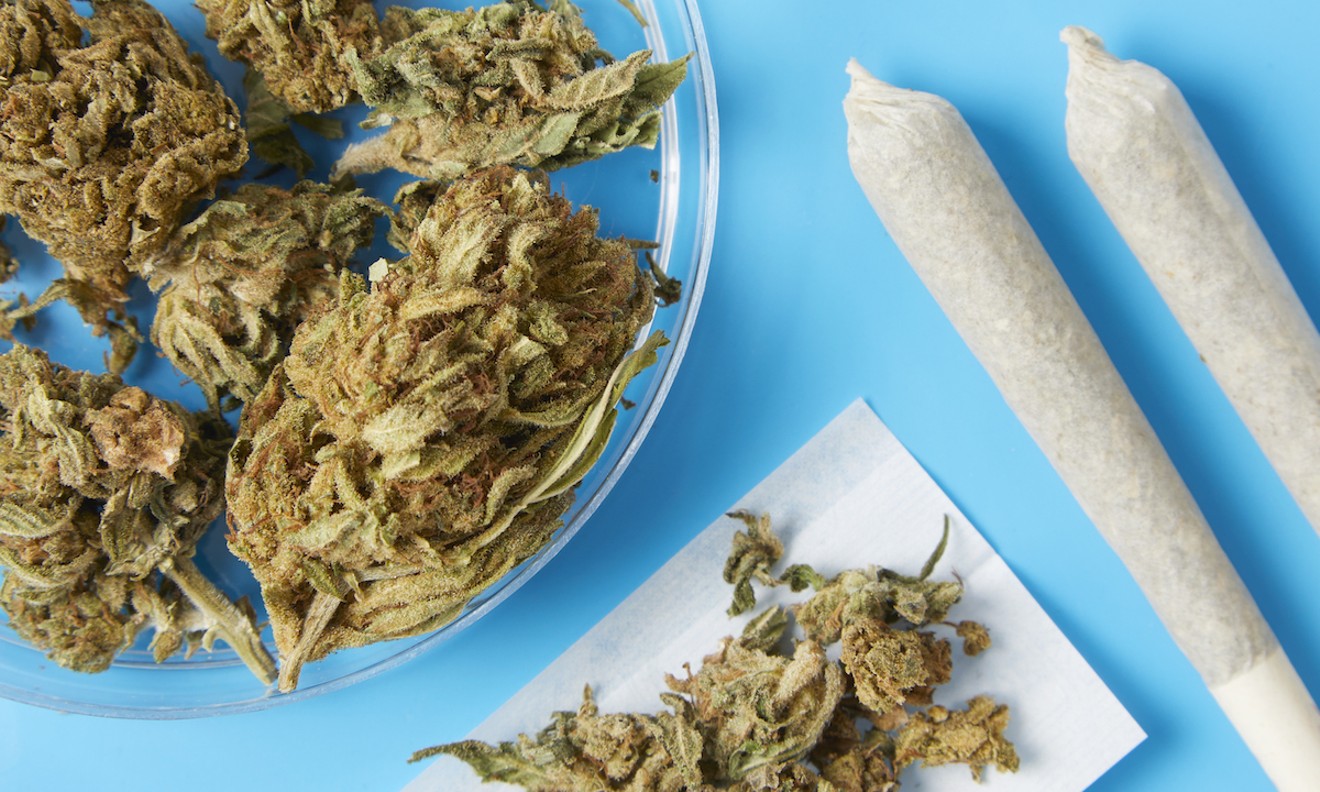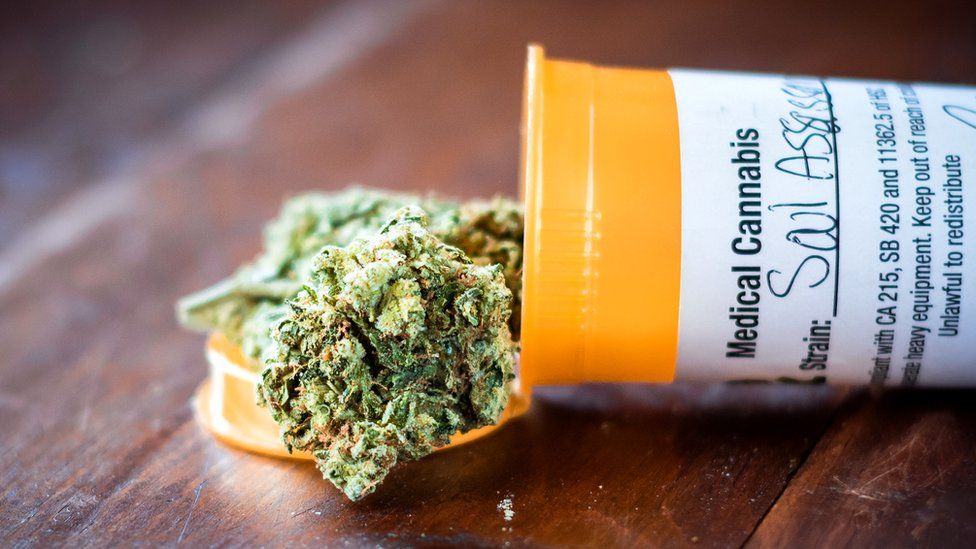Visit a Trusted Medical Cannabis Clinic for Professional Assistance
Visit a Trusted Medical Cannabis Clinic for Professional Assistance
Blog Article
The Recovery Power of Medical Marijuana: a Deep Study Its Potential to Deal With Numerous Conditions
In recent years, the discussion around the therapeutic capacity of clinical cannabis has actually acquired considerable grip within the medical neighborhood. The evolving landscape of medical marijuana presents a complicated tapestry of possible benefits that necessitate a closer examination, dropping light on a world of therapy possibilities that proceed to intrigue specialists and clients alike.
Restorative Advantages of Clinical Marijuana
In the world of modern medicine, the restorative benefits of medical marijuana have arised as a promising avenue for treating various health problems. The energetic substances in marijuana, referred to as cannabinoids, interact with the body's endocannabinoid system to produce a variety of impacts that can be valuable for patients. Among the most well-known cannabinoids is cannabidiol (CBD), which has acquired interest for its prospective anti-inflammatory, analgesic, and anxiolytic homes without the psychoactive effects typically connected with tetrahydrocannabinol (THC)
Medical cannabis has actually revealed specific guarantee in minimizing chronic pain, spasticity connected with several sclerosis, nausea and vomiting in radiation treatment people, and signs of specific neurological disorders like epilepsy. Study is additionally exploring its capacity in handling mental wellness problems such as stress and anxiety, depression, and post-traumatic tension disorder. In addition, clinical cannabis is being examined for its anti-inflammatory buildings, which can have ramifications for conditions like arthritis and inflammatory digestive tract illness.
Easing Chronic Pain With Marijuana
Having demonstrated efficiency in resolving a spectrum of health problems, medical marijuana especially radiates in its ability to give alleviation for individuals facing persistent discomfort. Chronic discomfort, defined by its persistence and incapacitating nature, impacts millions worldwide, frequently significantly influencing lifestyle. Traditional discomfort administration approaches, such as opioids, may come with unfavorable side effects and the risk of dependency, driving many patients to seek alternate solutions.
Medical marijuana has actually arised as a promising option for chronic pain administration due to its analgesic residential or commercial properties. Research studies have revealed that clinical marijuana can successfully alleviate persistent discomfort linked with problems like joint inflammation, fibromyalgia, multiple sclerosis, and neuropathy.

Handling Stress And Anxiety and Stress And Anxiety
Medical cannabis provides a viable choice for people seeking alleviation from anxiety and anxiety due to its possible calming effects on the body and mind. By possibly influencing the release of natural chemicals and regulating stress response, clinical marijuana reveals promise in offering a natural choice for handling these conditions.
In addition, unlike conventional anti-anxiety medicines that might come with undesirable side results or risk of dependency, medical cannabis supplies a possibly safer option for individuals seeking to alleviate anxiety and tension. It is vital for people thinking about clinical marijuana for these objectives to seek advice from with a medical care provider knowledgeable concerning clinical cannabis to ensure reliable and risk-free use.
Cannabis for Neurological Conditions
Research has actually shown appealing possibility in making use of marijuana for taking care of neurological problems. Neurological disorders encompass a series of conditions affecting the brain, back cord, and nerves, such as epilepsy, multiple sclerosis, Parkinson's illness, and Alzheimer's condition. Cannabis, with its energetic compounds like THC and CBD, has actually demonstrated neuroprotective, anti-inflammatory, and antioxidant homes that can benefit individuals with these problems.

While more professional trials are required to fully comprehend the efficacy and security of cannabis for neurological problems, first searchings for are encouraging and warrant further investigation into the therapeutic capacity of this plant for boosting the lives of those influenced by such problems. - Medical Marijuana Card Clinton MS
Potential of Cannabis in Cancer Treatment
The broadening horizon of medical cannabis applications encompasses the possibility of leveraging its residential or commercial properties in cancer treatment, offering a brand-new method of expedition in taking advantage of the healing advantages of this plant for dealing with complex health challenges. Marijuana reveals pledge in cancer cells therapy because of its prospective to ease signs associated to the disease and its therapy, such as discomfort, nausea or vomiting, and anorexia nervosa. Furthermore, cannabinoids, the active substances in cannabis, have demonstrated anti-tumor impacts in preclinical studies, showing their possibility in preventing the development of cancer cells.
Additionally, marijuana might aid in taking care of the negative effects of conventional cancer cells therapies like radiation treatment, potentially improving clients' quality of life throughout therapy. While more study is needed to totally comprehend the mechanisms Find Out More behind marijuana's potential anti-cancer properties and its efficiency in various types of cancers, the preliminary searchings for suggest that clinical cannabis might play an important duty in the future of cancer therapy. As the exploration of marijuana in oncology proceeds, it holds pledge as a complementary strategy to conventional cancer cells treatments, offering individuals a potentially efficient and well-tolerated option in their treatment routines.
Final Thought
Finally, clinical marijuana has shown encouraging potential in dealing with a variety of conditions, consisting of persistent pain, anxiousness, tension, neurological problems, and cancer cells. Its therapeutic advantages have actually been significantly recognized by the medical community, with continuous research study highlighting its performance in managing these conditions. As more researches are carried out, clinical marijuana may become a beneficial therapy option for people dealing with these debilitating ailments.
In recent years, the conversation around the restorative capacity of medical cannabis has actually gotten substantial grip within the clinical community. The developing landscape of medical cannabis presents a complex tapestry of potential benefits that warrant a closer evaluation, shedding light on a realm of treatment possibilities that proceed to intrigue professionals and patients alike.

Report this page